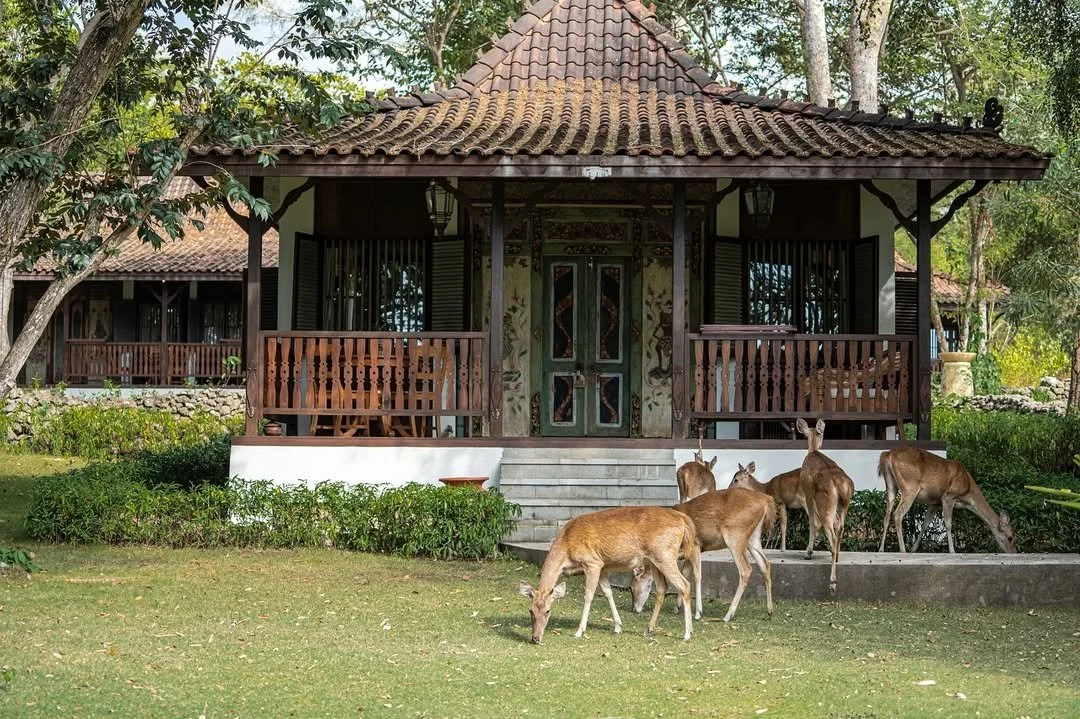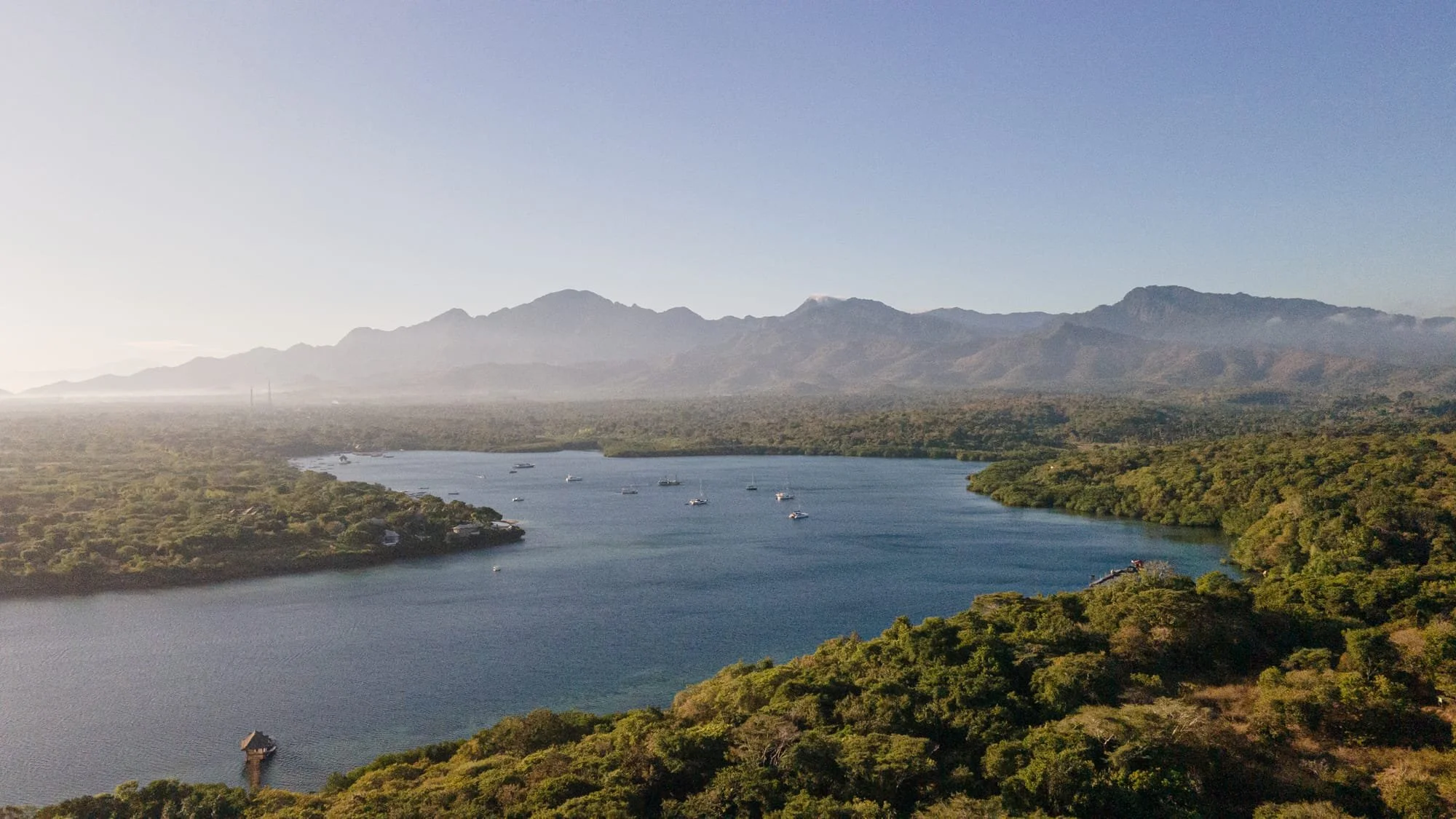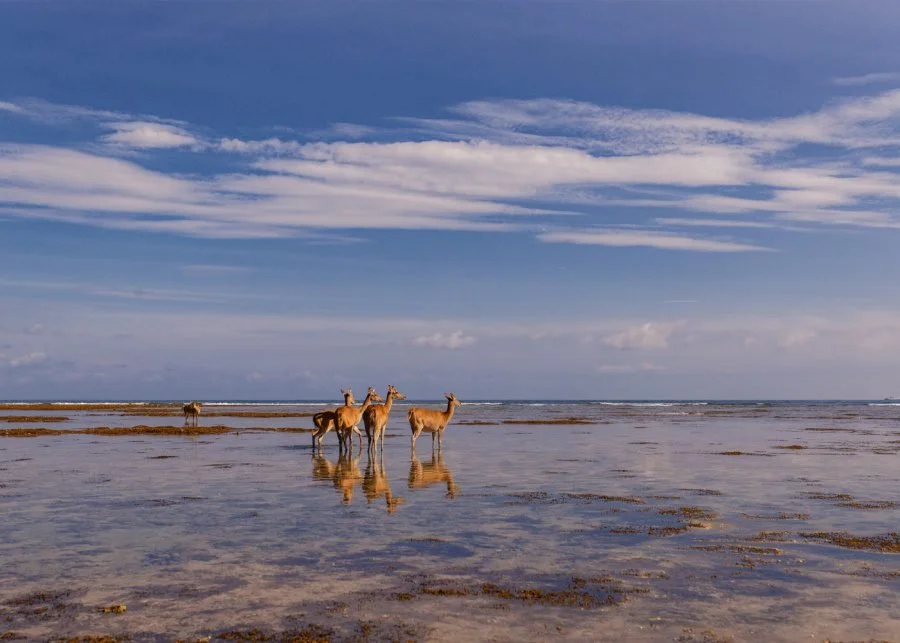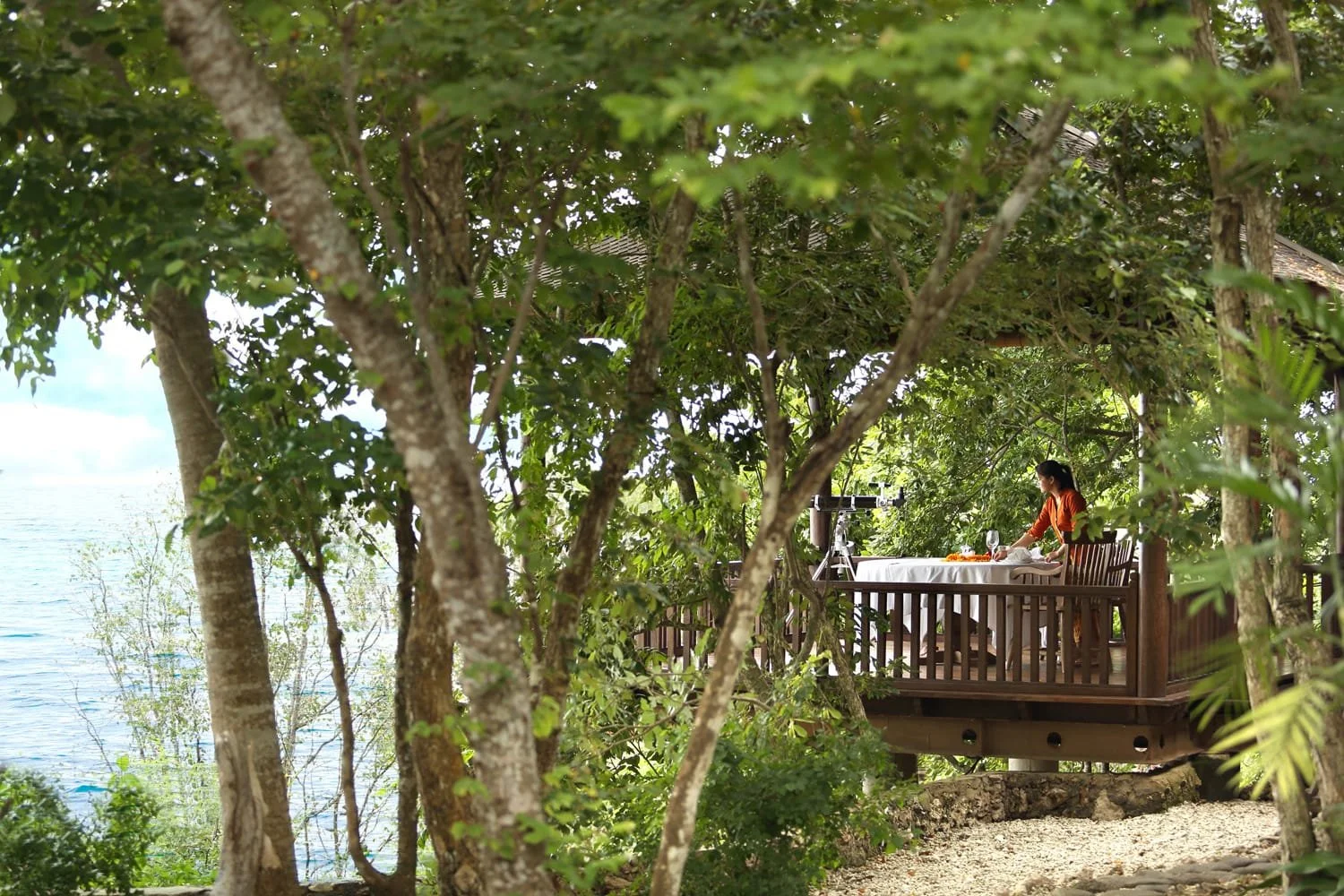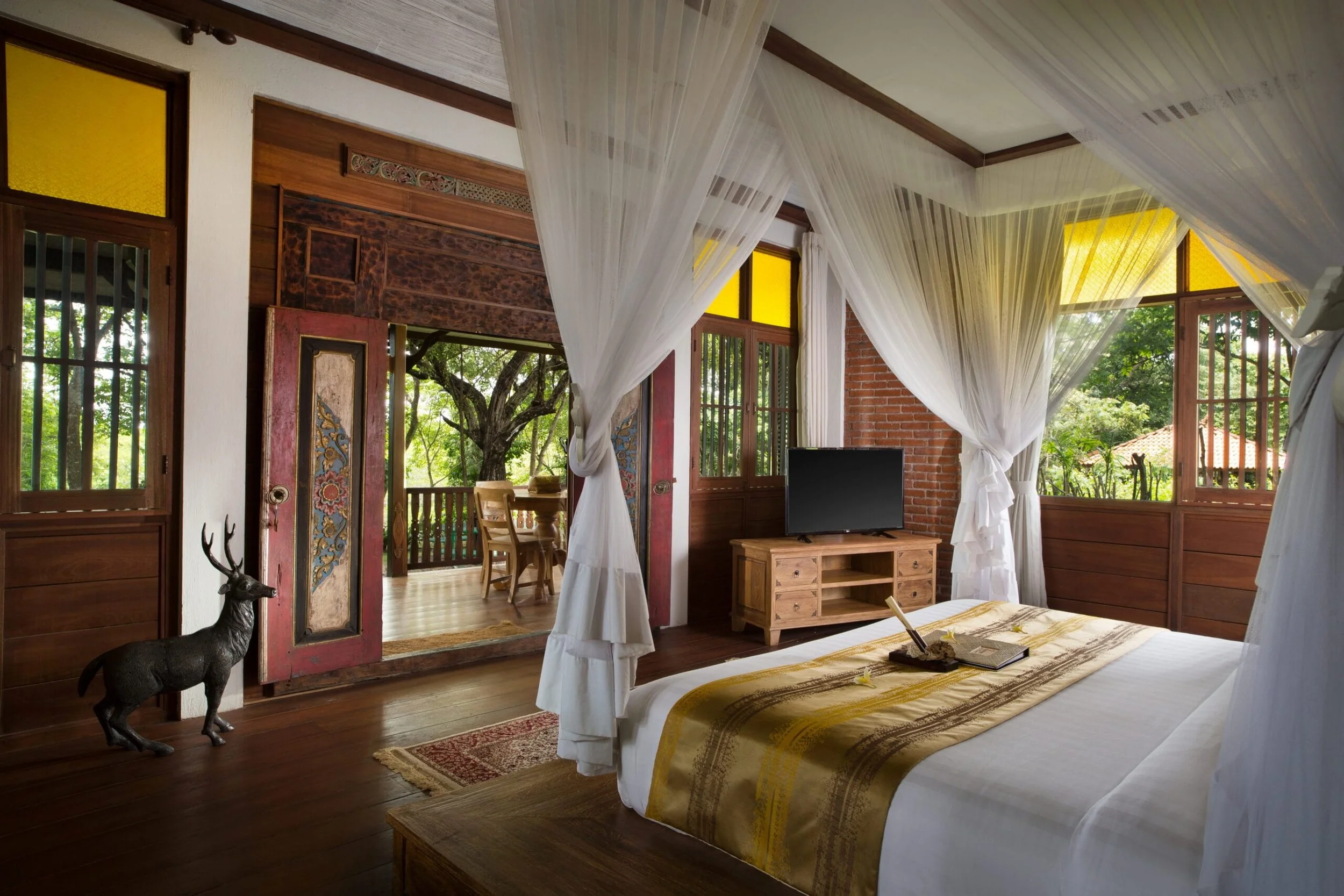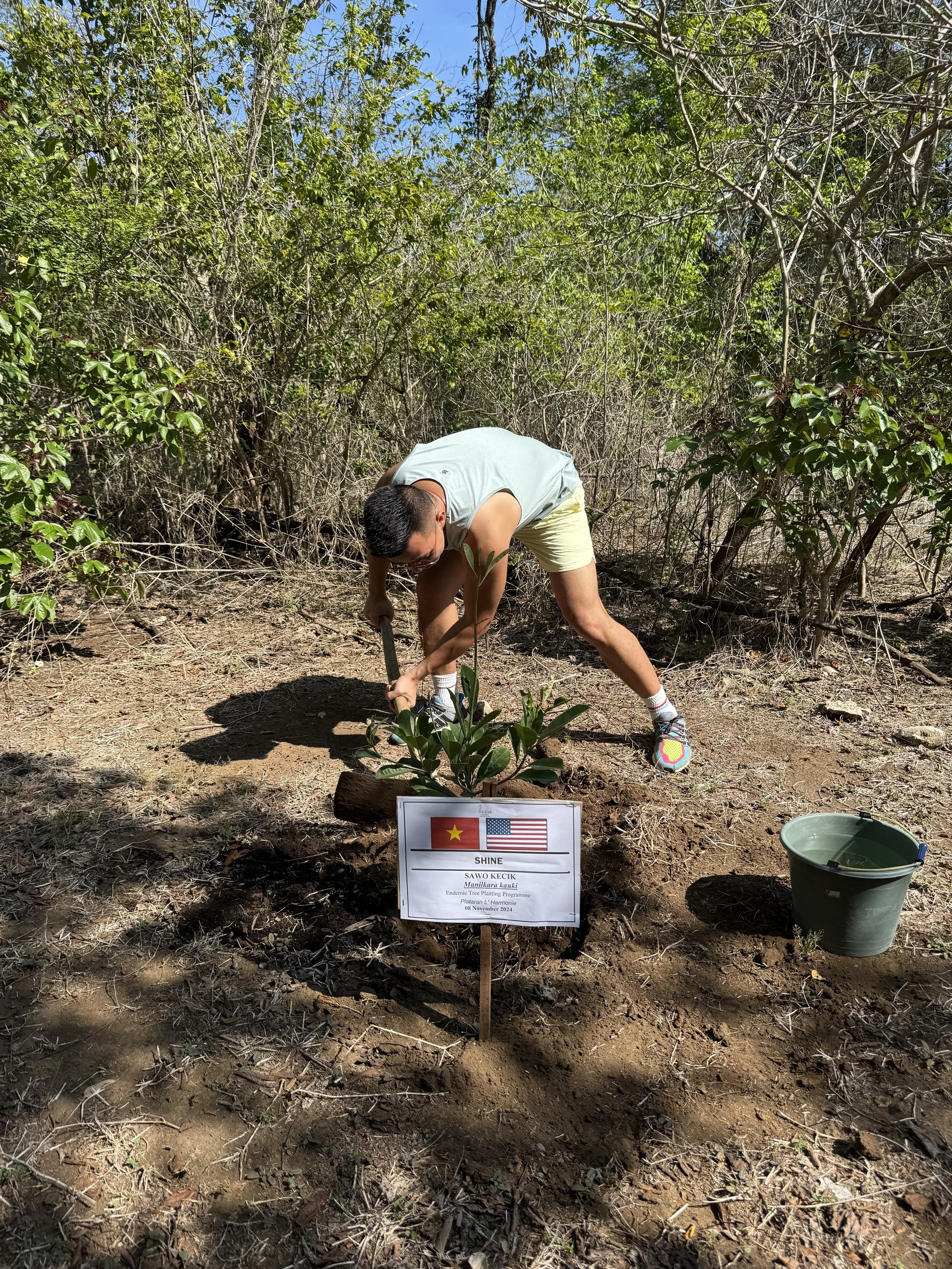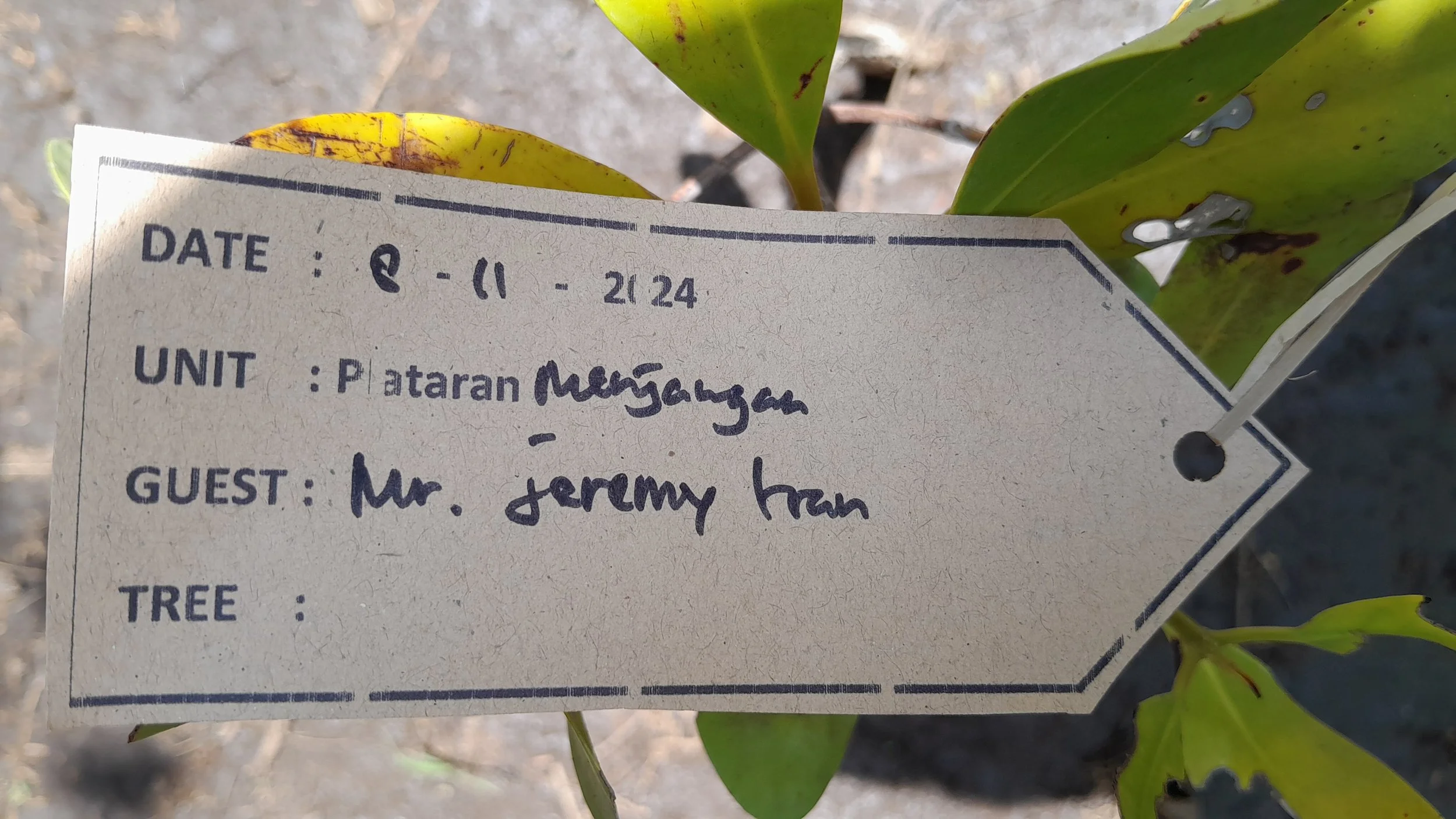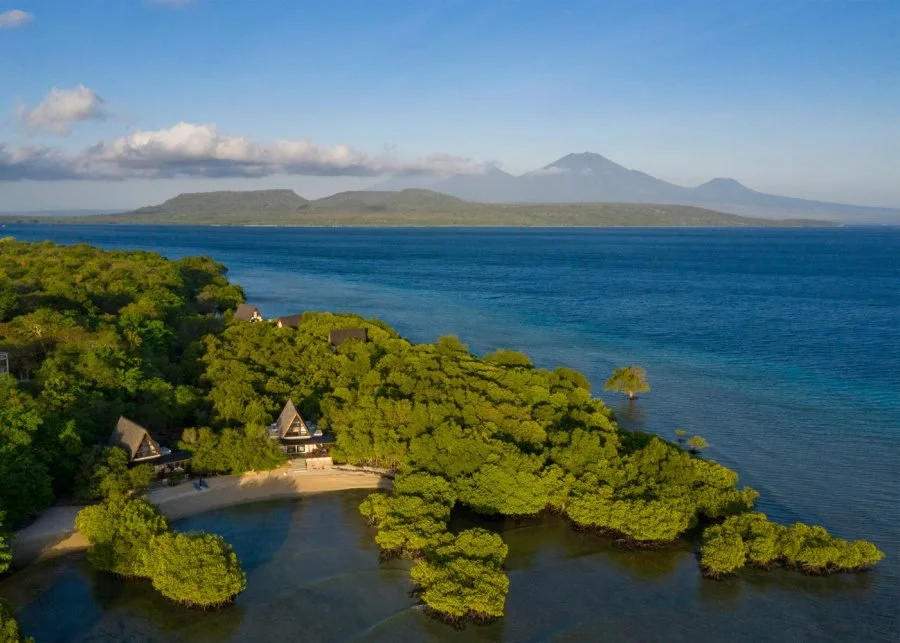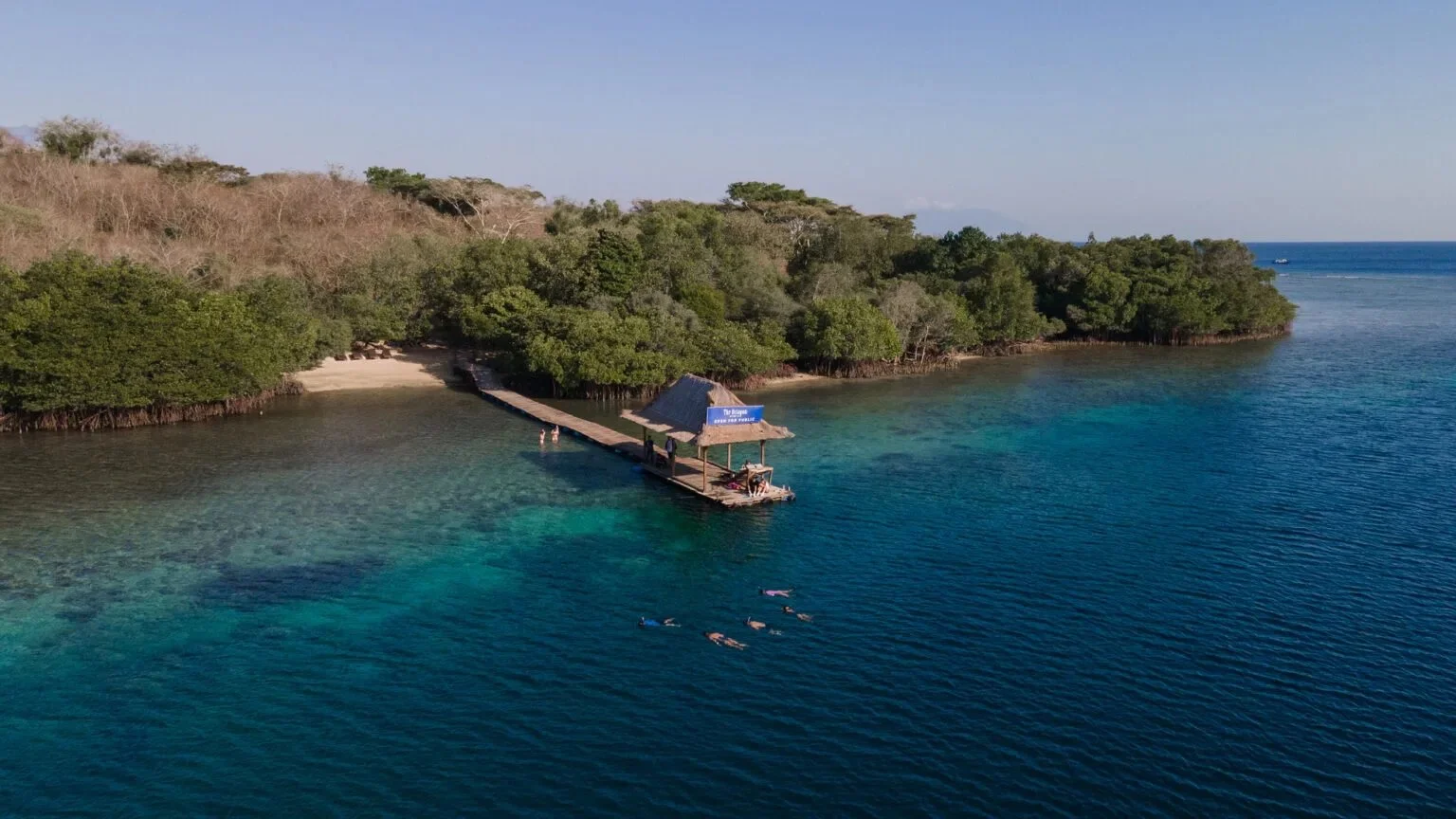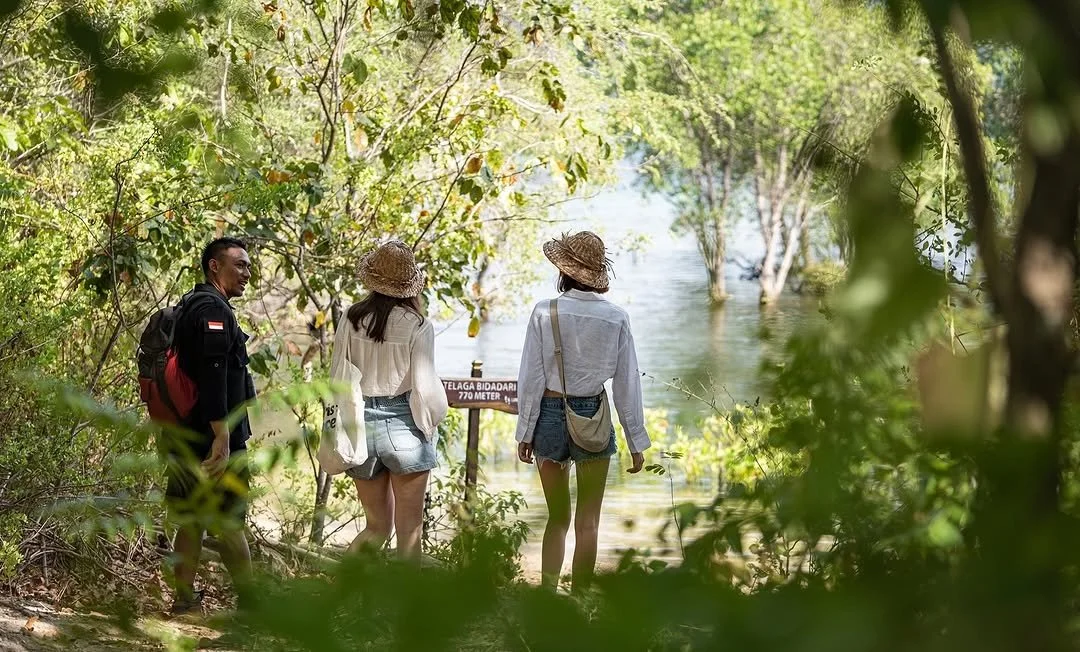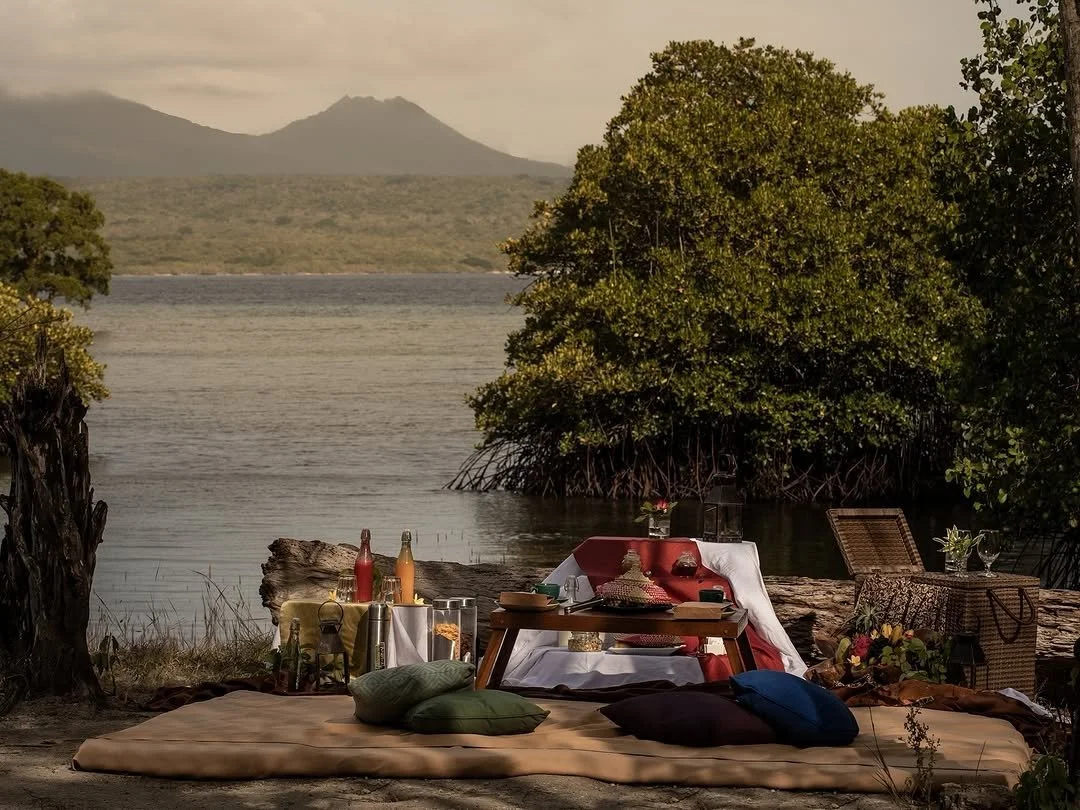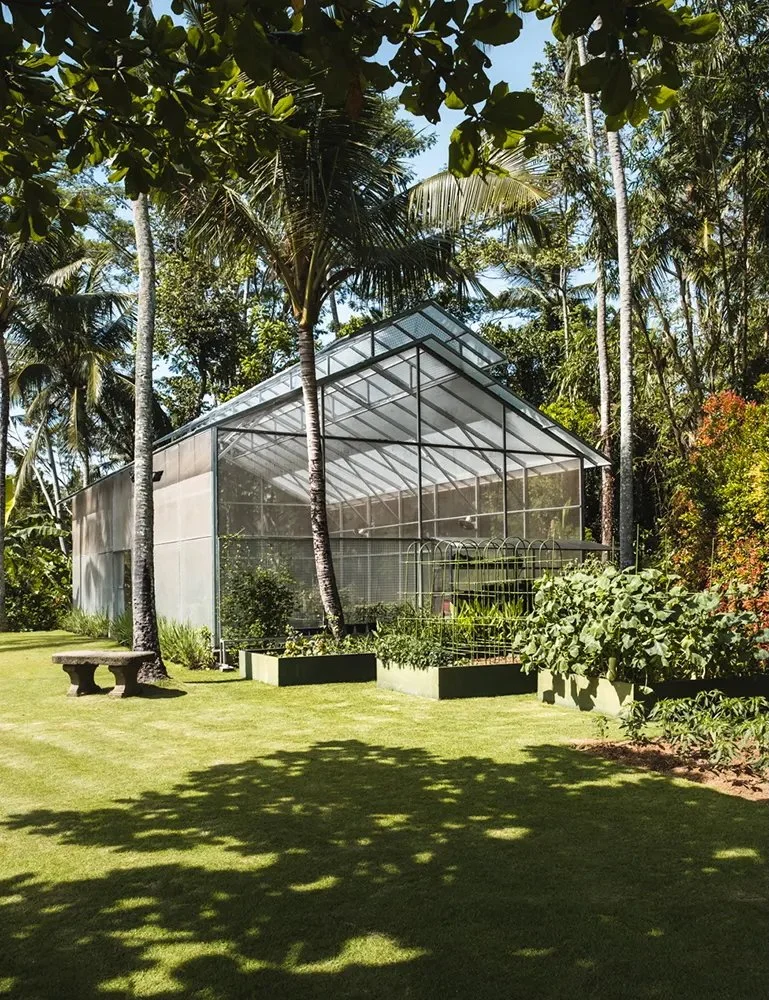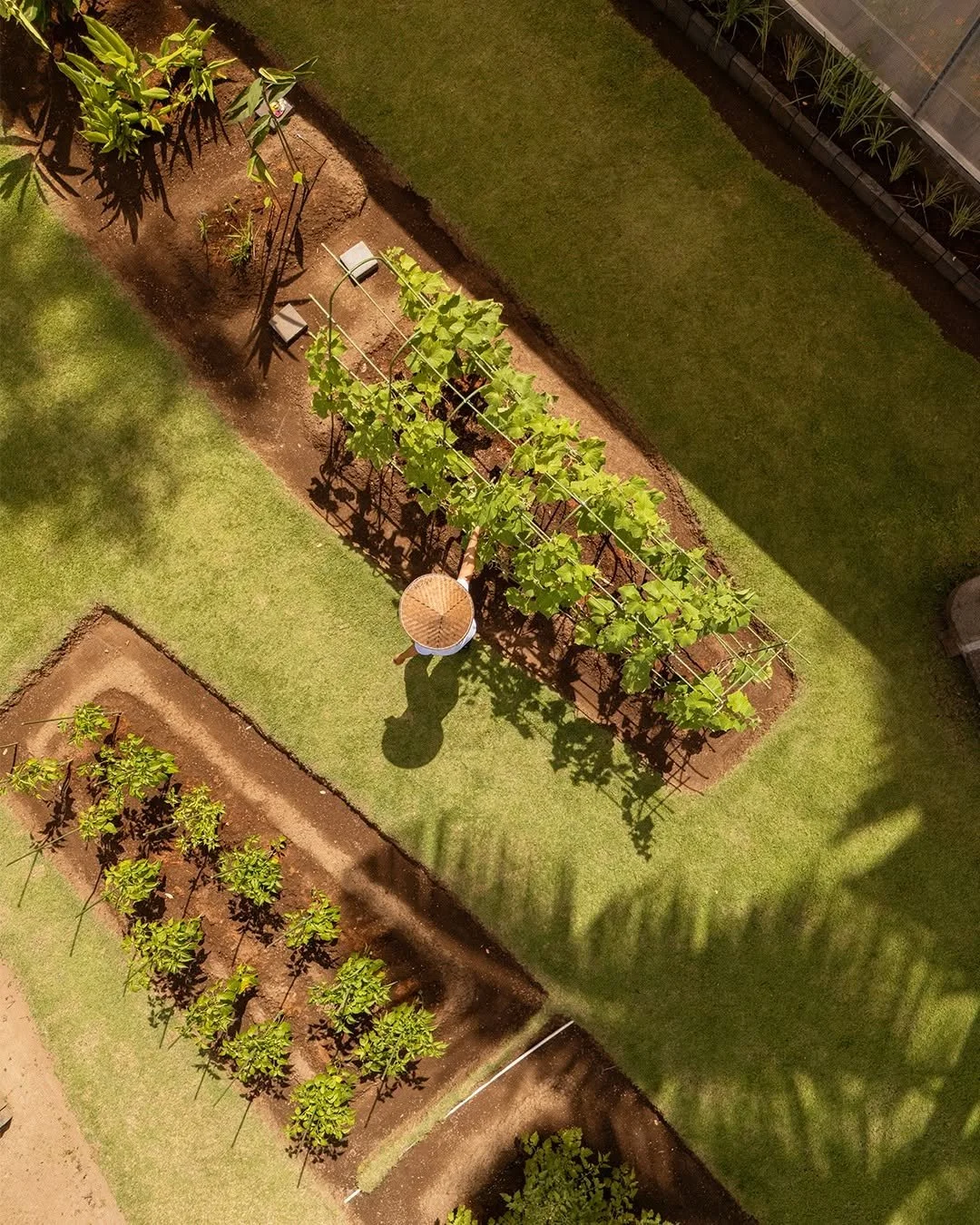Bali’s Winning Formula: Sustainability Meets Sophistication
Plataran Menjangan, photo by resort.
Bali is long celebrated for its natural beauty and cultural heritage. As one of Asia’s earliest international travel destinations, the island has a hospitality ecosystem that is as resilient as it is creative, constantly setting benchmarks for the region.
While busy and crowded as it appears in certain parts of the island, many brands in Bali have demonstrated an ability to combine sustainability with profitability, crafting ventures that captivate global travelers while offering invaluable lessons for industry professionals.
Previously, we explored the innovative practices of trailblazers like Desa Potato Head, Fivelement, Bambu Indah, and Alila Uluwatu — brands that have not only minimized environmental impact but also created unique product offerings by integrating sustainability into their core strategies.
From reducing plastic waste to preserving biodiversity and cultural heritage, they show what it means to be a responsible business in the tourism sector.
In November 2024, following the Further East conference, we delved deeper into Bali’s evolving hospitality landscape. By visiting new and established ventures across the island, we uncovered actionable case studies that demonstrate how responsible hospitality can create meaningful ripple effects — changing not just businesses, but communities and ecosystems for the better.
This is Part 1 of our two-part series, with Part 2 highlighting dining gems that celebrate Indonesia’s culinary heritage while championing sustainability.
Plataran Menjangan: Engaging Guests in Appreciating Indonesia’s Natural and Cultural Heritage Responsibly
The Philosophy behind Building Plataran Menjangan
Tucked within the pristine confines of West Bali National Park, some 150 km away from the island’s major hubs such as Kuta and Semiyak, Plataran Menjangan, part of the Indonesian homegrown Plataran Group, offers an immersive retreat where nature and luxury intertwine.
The group’s decision to build Plataran Menjangan in West Bali National Park, truly off-the-beaten-path, reflects its vision to showcase Indonesia’s natural and cultural heritage while contributing to conservation and sustainability. The resort aligns closely with Plataran's overarching development strategy, which revolves around three core pillars: nature, culture, and community.
Its conservation priority is evident in its low-impact architecture, crafted to blend seamlessly into the environment, and its active role in coral reef restoration and wildlife protection initiatives including a sanctuary for the endangered Bali Starling.
In addition to the resort’s design, its operation and community engagement have also been shaped by the pre-construction feasibility assessments, which were conducted in collaboration with local environmental experts and stakeholders. The findings not only guided the team in implementing practices to minimize ecological disruption with responsible waste, water, and energy usage and management, but also emphasized the importance of local hiring and training.
Photos by Plataran Menjangan.
Guest Experiences That Connect People to Nature
At Plataran Menjangan, guests are invited to leave a lasting mark — not through consumption, but through connection.
By inviting guests to plant and name a tree within the park, the resort cultivates a personal connection between the guests and the landscape. General Manager Najib Abdullah notes that nearly half of returning guests come back to check on their tree’s growth, a powerful testament to the emotional resonance this initiative creates.
AST Co-founder Jeremy Tran planted a tree during his stay at the resort. Photos by AST.
The resort also curates low-impact, immersive experiences, from morning hikes to immerse oneself in the region’s diverse wildlife to serene breakfast picnics overlooking the majestic Baluran volcano. Guests can also snorkel in crystal-clear waters just steps from the shore, blending adventure with a deep appreciation for nature’s beauty. Guests can be bird keepers for a day to immerse themselves in the resort’s efforts in protecting the endangered Bali Starling.
Plataran Menjangan stands as a shining example of how luxury resorts can tread lightly on the land, leaving behind only footprints of care and stewardship.
Photos by Plataran Menjangan.
Viceroy Bali: Investment Aligned with Ecological Capacity
Sustainability Enhances the Guest Experience
Overlooking Ubud’s lush Valley of the Kings, Viceroy Bali might not be the first name that springs to mind when thinking about sustainability in Bali. Yet, it stands as a compelling example of how Balinese luxury hospitality has evolved over time.
At first glance, even the most regular guests may miss the subtle eco-conscious touches woven into the hotel’s operations over the years. This quiet integration reflects the Viceroy team’s thoughtful approach, proving that sustainability can enhance, rather than diminish, the guest experience.
From an on-site greenhouse and solar panels to a sophisticated eighteen-step wastewater treatment before returning clean water to the local river and strategic partnerships with The Punch, Terra Water, Nordaq and Eco-Mantra, the team is working tirelessly to minimize impact without compromising comfort.
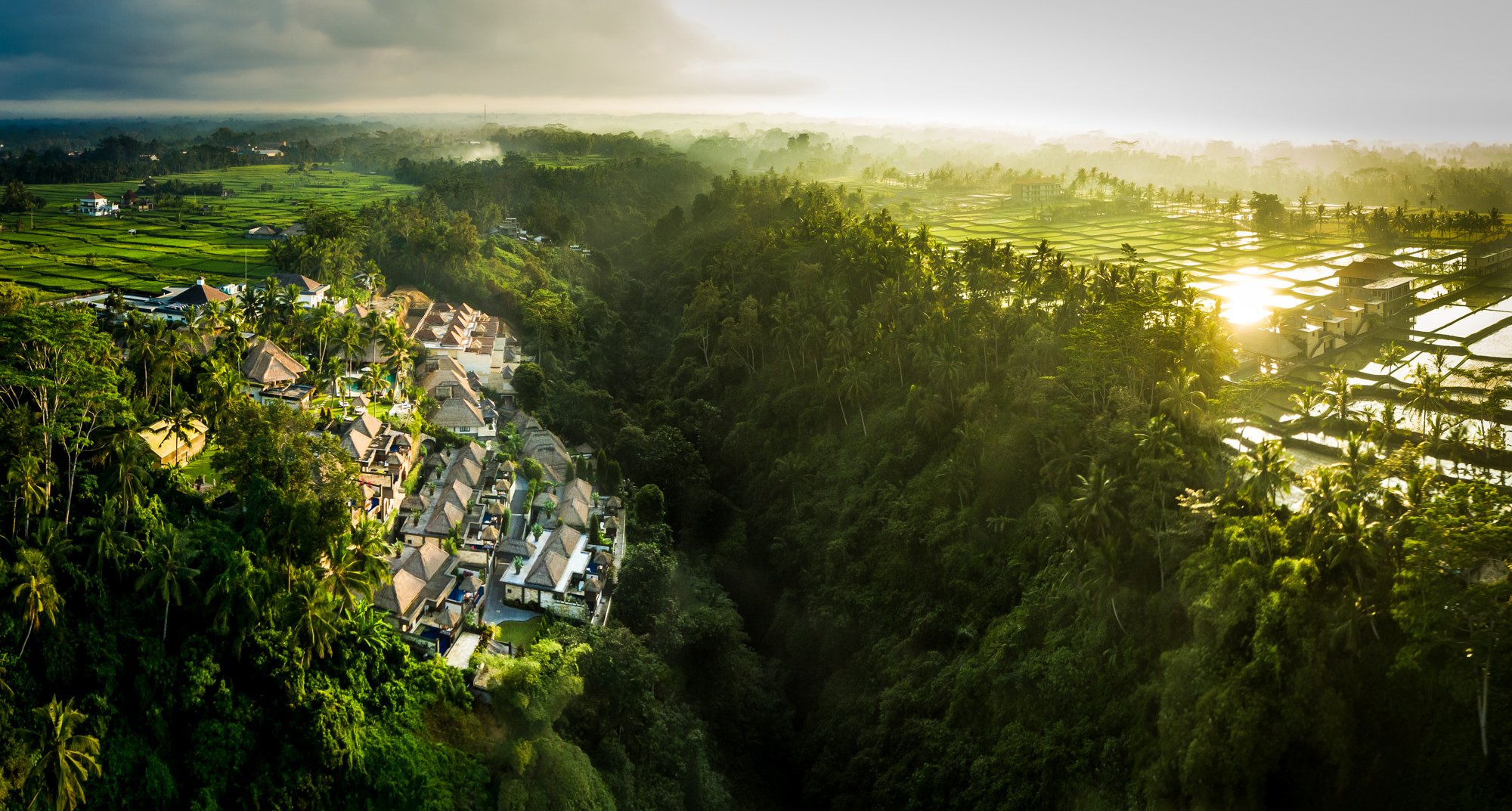
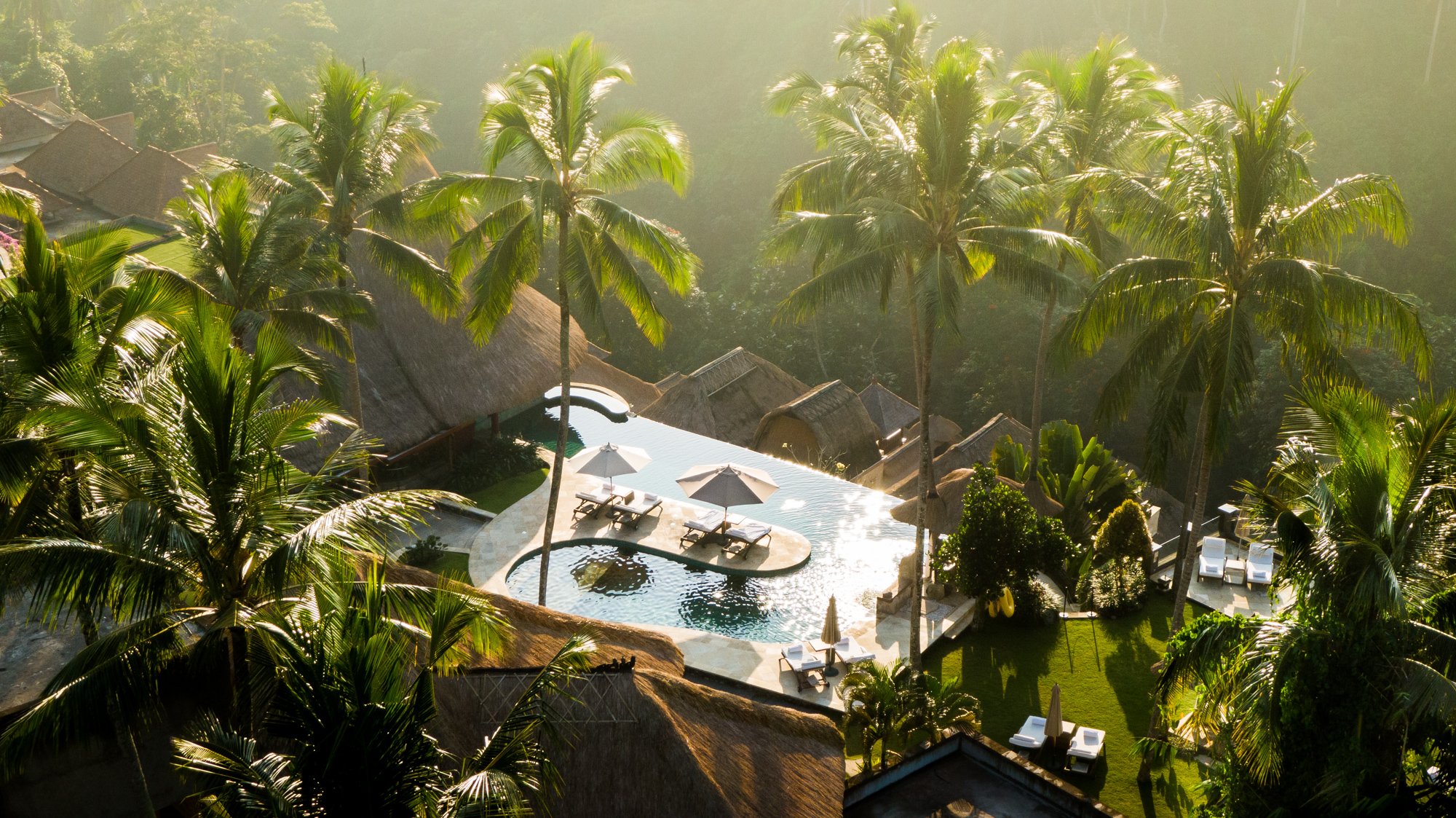
Photos by Viceroy Bali.
Sustainability as a Shared Commitment
Central to this philosophy is the appointment of sustainability champions across all departments, ensuring green initiatives are integrated into daily operations at every level.
Spearheading this transformation are the Syrowatka family and General Manager Patrick Farrell, who view sustainability as more than just a fleeting initiative but as a core pillar of Viceroy Bali’s identity.
One of the resort’s most distinctive undertakings is its commitment to protecting the forested valley it overlooks. The hotel secured a 30-year lease on adjacent land — owned partially by the hotel’s team members — not for expansion, but for preservation. This forest, untouched by development, offers guests unspoiled views, creating a rare luxury in an increasingly crowded Bali.
When asked about the financial reasoning behind leasing land without developing it, Patrick shared, “It is no secret that Bali has become overdeveloped in certain areas. We recognized the importance of safeguarding what makes this place special, so we lease the land to preserve and nurture the forest.”
He explained, “Leasing the land provides long-term income for the landowners, but also ensures our guests enjoy uninterrupted views of the rainforest in its purest form. This unspoiled, panoramic view from every villa has become Viceroy Bali’s signature offering, and it’s what draws guests to us and enables us to charge premium rates.”
Photos by Viceroy Bali.
Stonehouse Bali: An Eco-luxe Oasis in Harmony with Nature
Just 2 kilometers from the iconic Ubud Palace, Stonehouse Bali is a secluded eco-luxe sanctuary, the inspired creation of life partners Walker Zabriskie and Wendy Kassel. More than an oasis, Stonehouse is a reflection of their shared vision — a place designed to exist in harmony with its surroundings and rooted deeply in the land’s natural rhythms.
Stonehouse’s architecture embodies a low-impact ethos, seamlessly blending sustainability with timeless artistry. The structures are built with raw, natural materials such as stones, bamboo, and centuries-old salvaged timber — each element chosen to honor the land’s integrity.
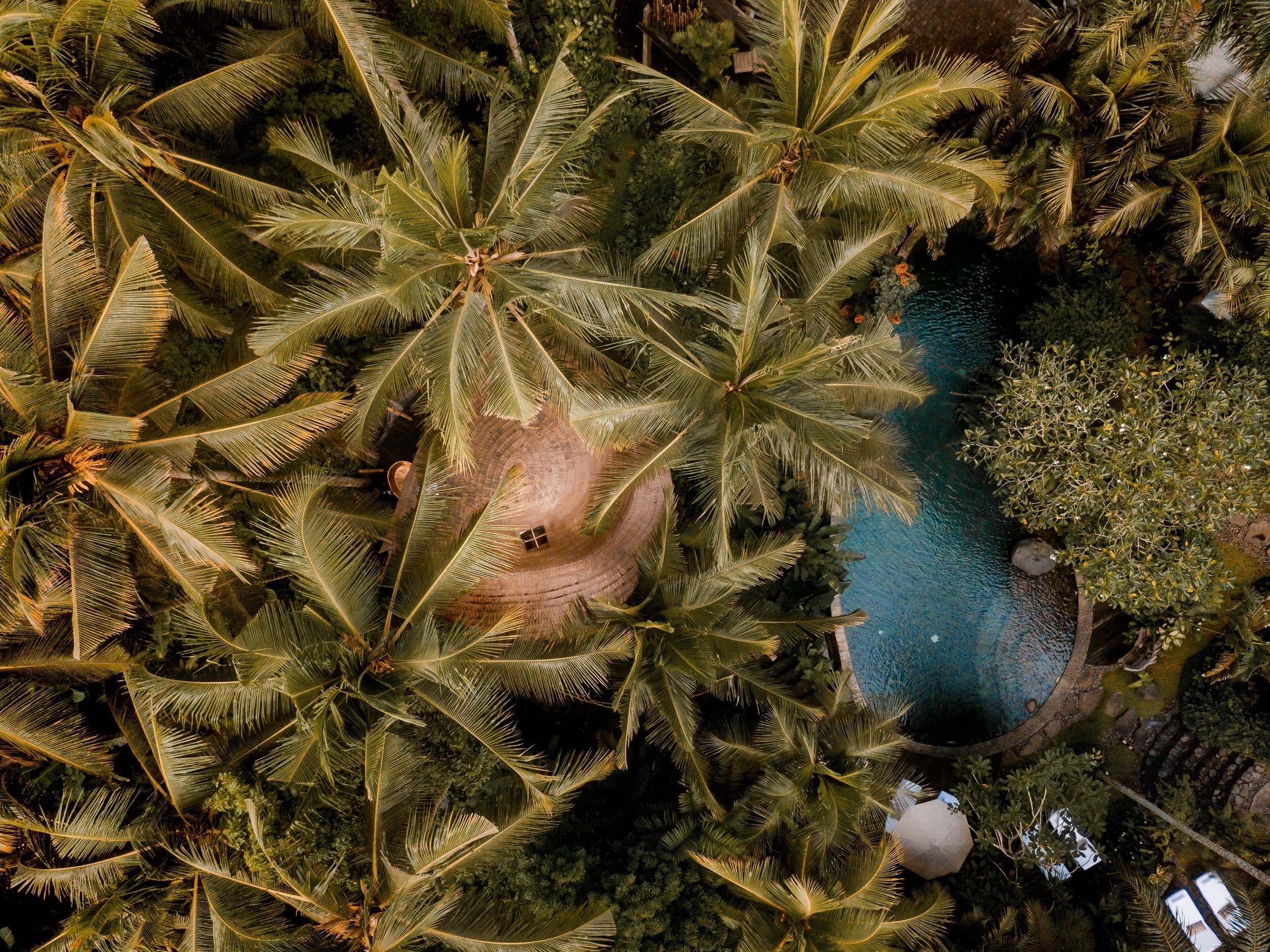
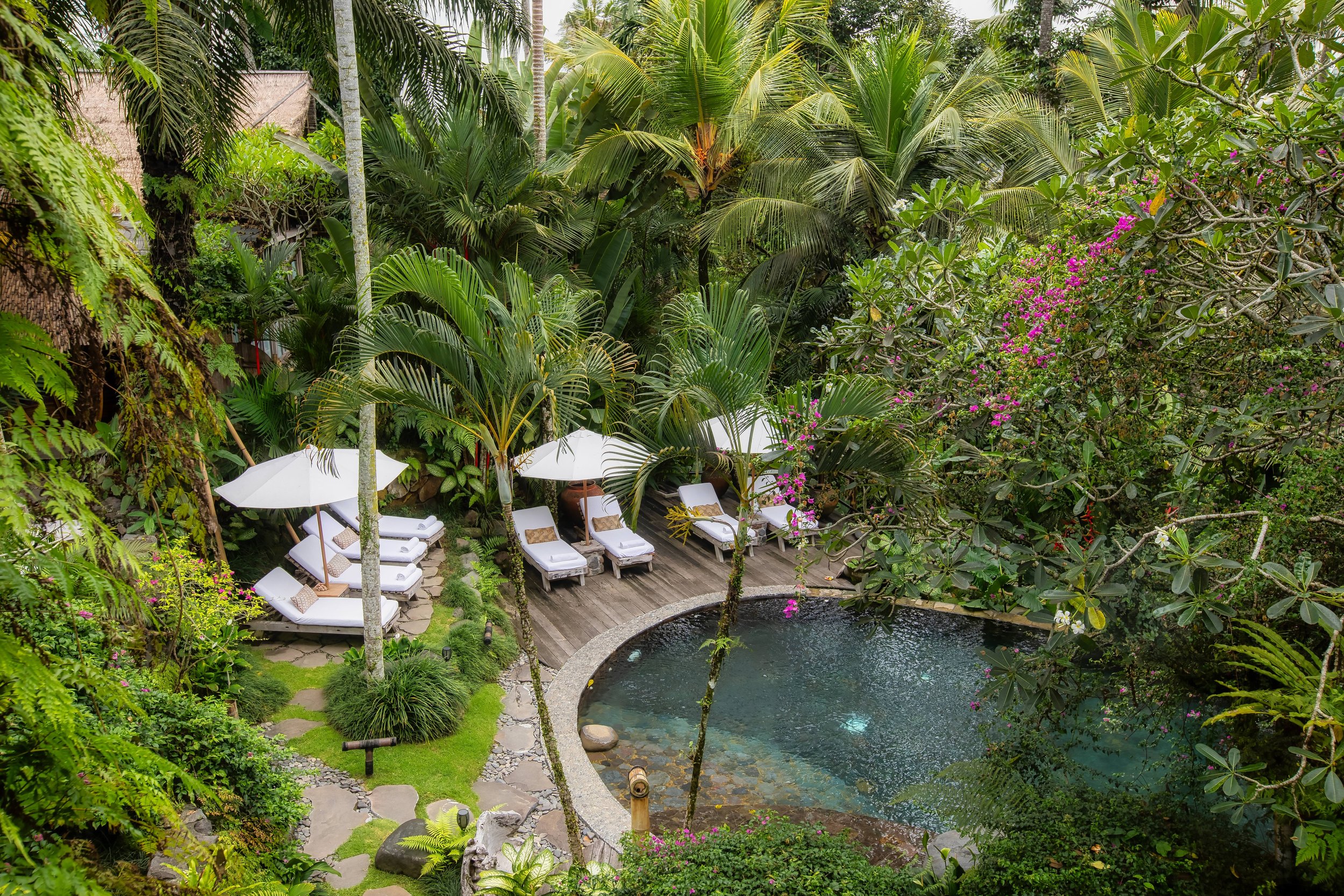


Photos by Stonehouse Bali
Inside, cultural heritage comes to life through hand-painted 19th-century Javanese panels and curated collectibles from the founders’ travels, infusing every space with stories and delights. Every detail, from the custom-designed furniture and bespoke lighting to handcrafted accessories, reflects Walker’s vision, evoking a rare sense of authenticity and originality that resonates deeply with guests seeking a connection to Indonesia’s cultural and natural roots.



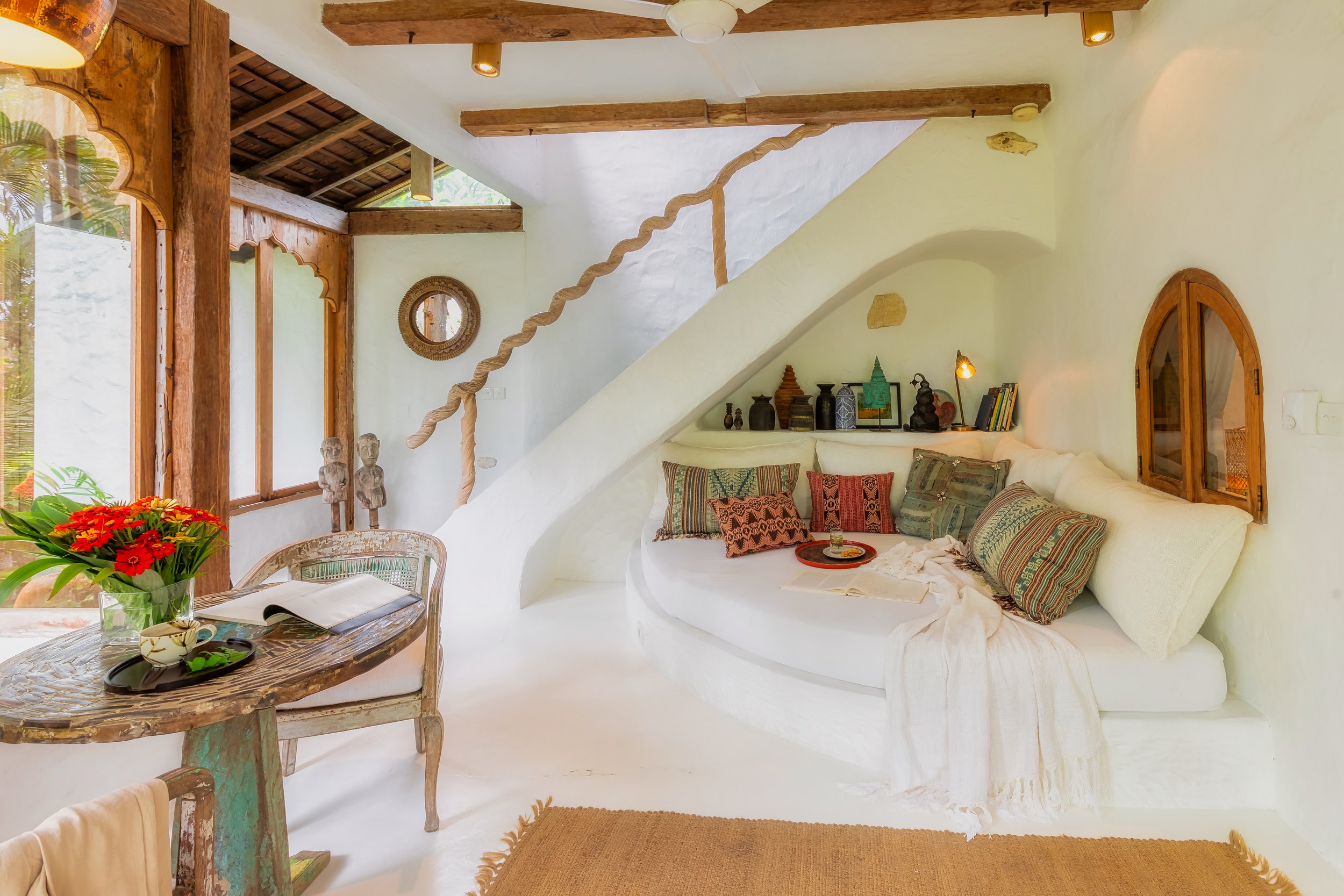
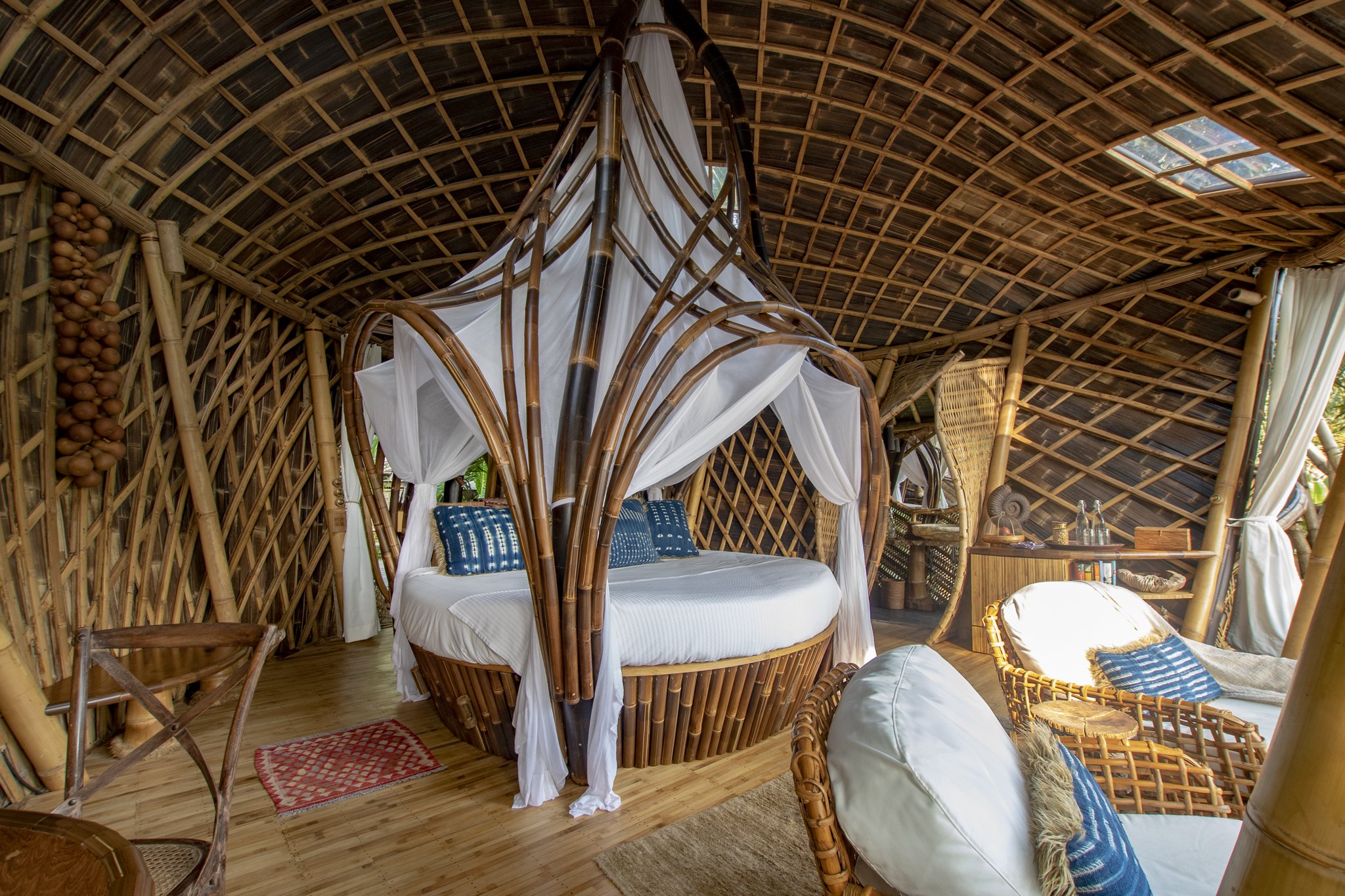
Photos by Stonehouse Bali.
TL; DR
The business community has a critical opportunity and responsibility to lead the way.
Plataran Menjangan, Viceroy Bali, and Stonehouse Bali showcase how responsible hospitality development, aligned with ecological capacity and community interests, can achieve financial success. Here are the key takeaways from their signature practices:
Select strategic locations and conduct feasibility studies: Plataran Menjangan leverages its location within West Bali National Park to attract discerning guests and immerse them in conservation. Choose sites that align with preservation goals, and conduct assessments with experts to inform hotel design, operation, and community relations.
Preserve natural assets: Viceroy Bali’s 30-year land lease protects forested areas and offers long-term income to landowners while maintaining Bali’s unique selling point for guests to appreciate.
Embrace local materials and craftsmanship: Stonehouse Bali uses reclaimed timber, stone, and bamboo, reducing environmental strain while celebrating local artistry. Source sustainably and integrate cultural heritage into the hotel design.
Engage guests in conservation: Offer hands-on experiences like tree planting, immersive hikes, and farm-to-table dining to build personal connections with the land and community.
Embed sustainability in business models: Align business and operational practices with ecological capacity, making sustainability a key driver of growth and brand differentiation.


